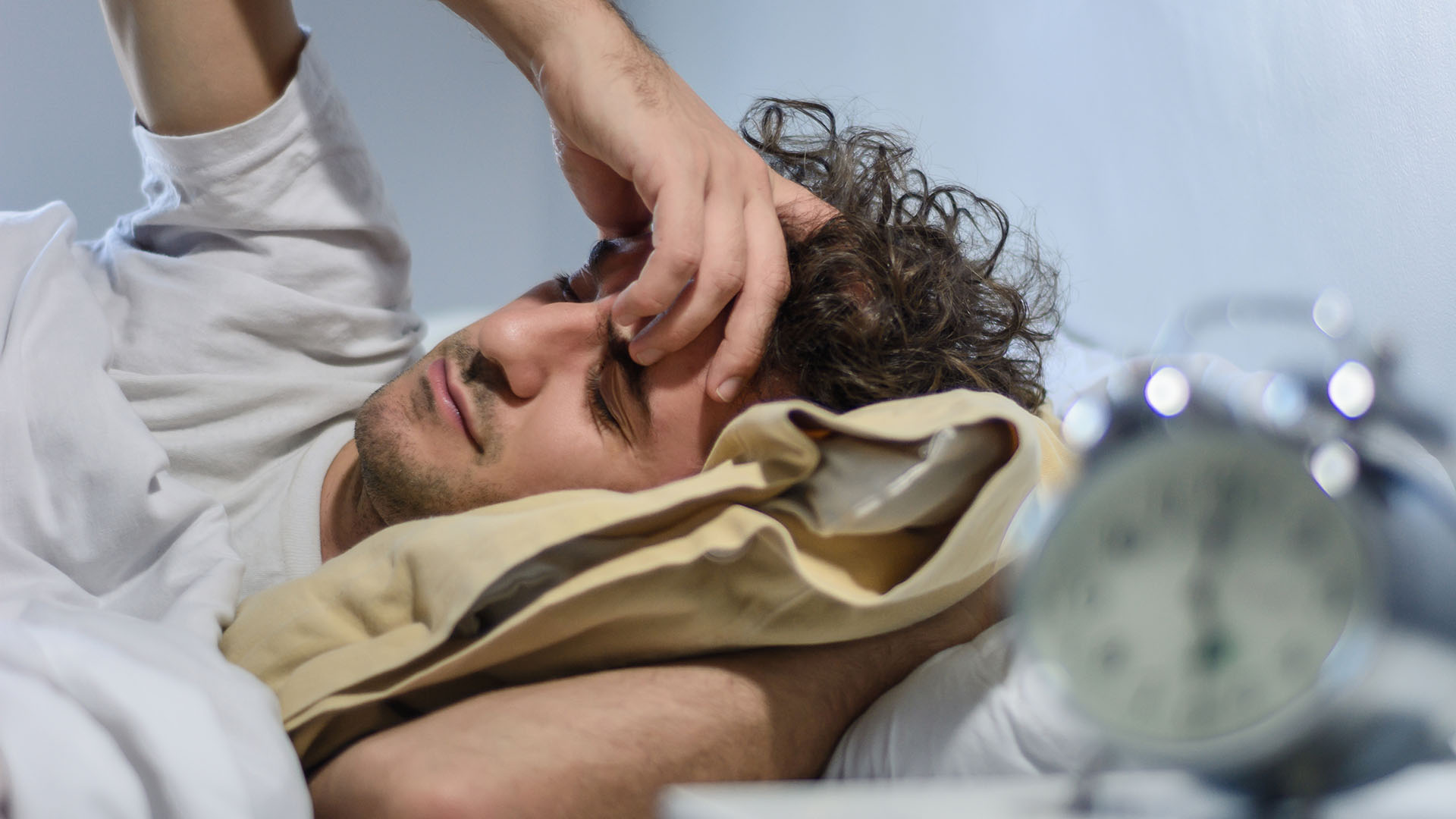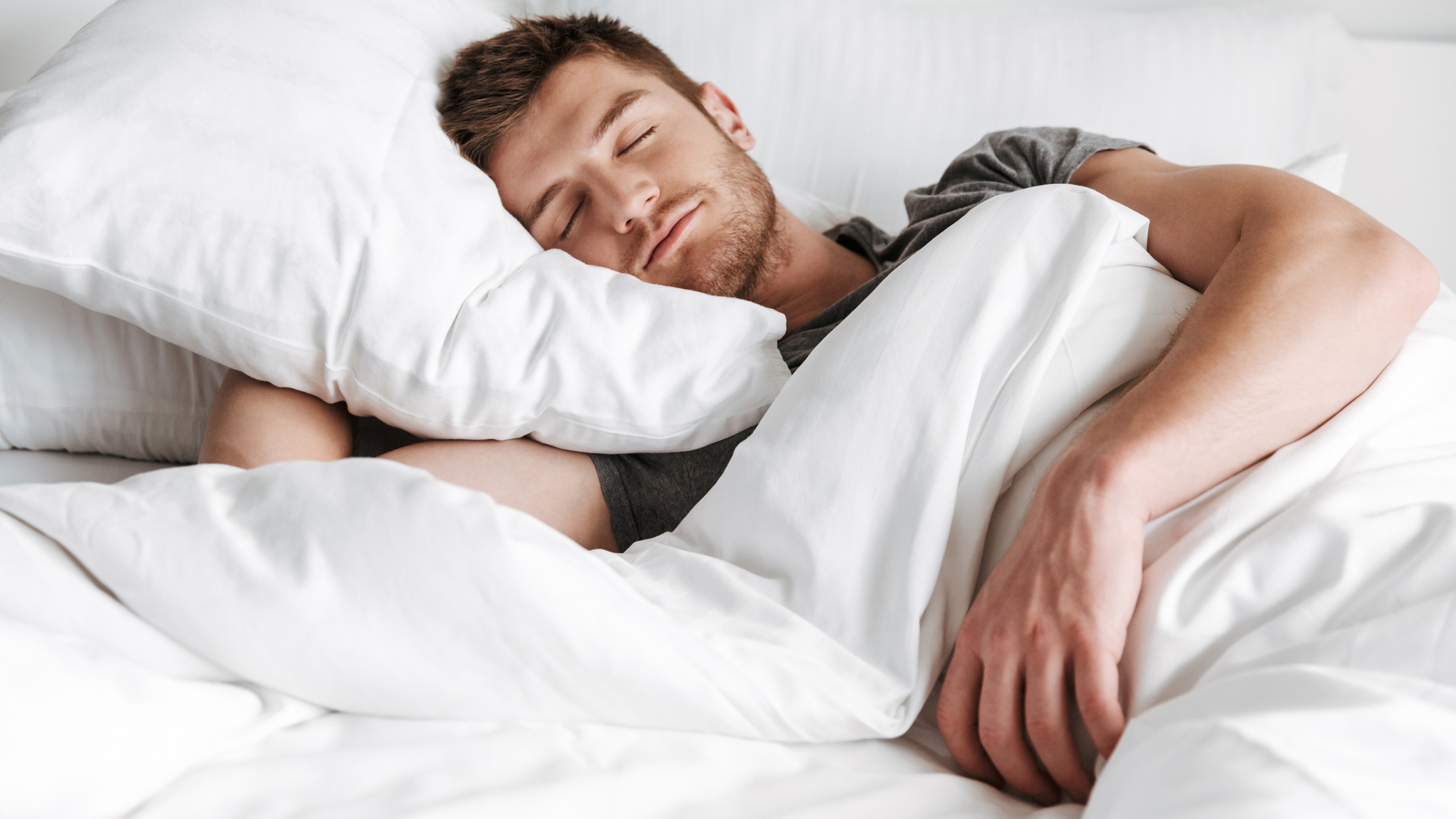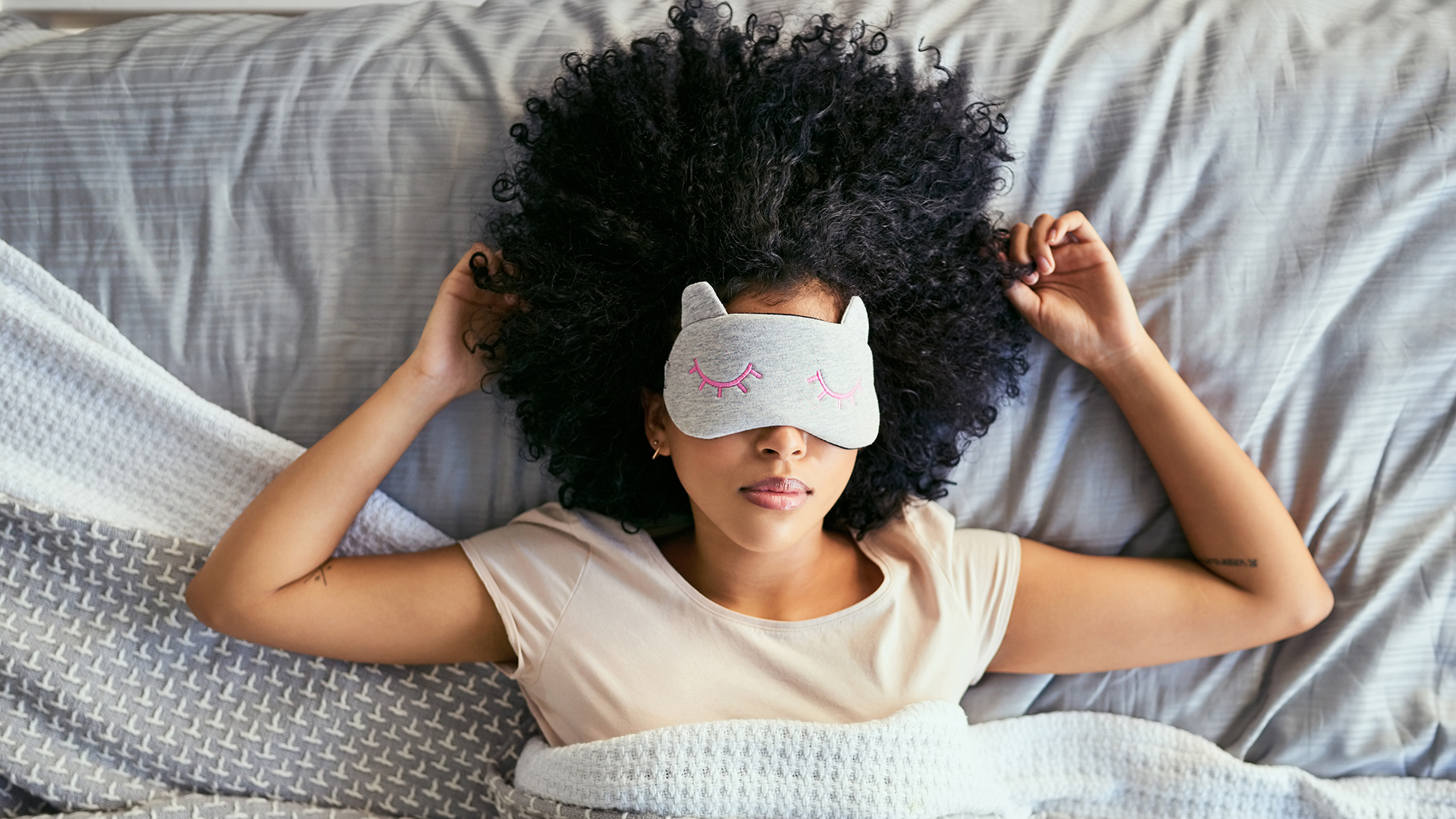
Understanding what keeps us awake at night can help us find better ways to fall asleep easily and quickly. Light pollution has long been a disruptor of sleep, and a new survey published recently looks at the more common causes of light pollution, how their affect sleep, and how to reduce their impact.
Of the 2,000 participants who responded to the new survey from 247 Blinds, 57% reported that excess light negatively affects their sleep, with light pollution providing particularly disruptive for those living in heavily populated cities.
And it isn't just your location that determines how light disrupts your sleep: your gender might play a role too. According to the survey, men reported being twice as likely as women to be disrupted by natural light (although both reported similar disruption levels from artificial lights).
So why does light have such an impact on our sleep and what can we do about it? Let's take a look...
How light pollution affects sleep
It's no surprise that a dark (and quiet and cool) room is the optimum environment for sleep. Darkness indicates to your body clock that it's time to wind-down, and it's key to triggering the hormonal response that makes us sleepy.
Too much light, on the other hand, has the opposite effect. "Exposure to light, particularly artificial light and electronic screens, can disrupt the body’s circadian rhythm, hindering melatonin production,” says Dr Chun Tang, a registered GP who assessed the results of the newly published survey.

The survey uncovers that while most of us are aware that darkness helps sleep, we're not so good at actually going to bed in a dark environment. From streetlights to digital alarm clocks, a number of potentially disruptive light sources are at play both inside and outside the home.
According to the survey, people living in built-up areas, where there are higher levels of light pollution, are particularly likely to suffer from disrupted sleep.
So where does gender come into play? Of the men who responded to this survey, they noted twice as much disruption from natural light sources (for example, the sun) than women. Dr Tang theorizes that hormones might play a role.
"Melatonin, a hormone crucial for regulating sleep-wake cycles, can be influenced by sex hormones," explains Dr Tang. "Some research suggests that hormonal fluctuations during the menstrual cycle may impact how women respond to light exposure compared to men."
How to reduce light pollution in your bedroom
Light in the bedroom can come from a number of sources. Some are within your control, such as electronics and bedside lights, while others are less easy to adjust (think streetlights or early morning sunshine). Whatever the source, there are ways to deal with it. Here's how...
Close the bedroom door
Early to bed, early to rise, but living with a bunch of night owls? If a mixed sleep chronotype family means you go to bed with the house lit up, the easiest solution is to make sure you shut the bedroom door before sleeping.
Use an eyemask
Eye masks are a practical and affordable alternative to blackout blinds – and studies have shown that wearing an eye mask overnight can improve memory and alertness.

Invest in blackout blinds or curtains
Blackout curtains and blinds use thick, opaque fabrics to block light from entering the room. Ideally, they should be cut to the size of your window, to prevent light from creeping in at the sides. However, this can be an expensive solution.
Turn off electronics
From ambient 'on' switches to the sudden brightness of an alert, electronics can add a lot of light to the room without you realizing. Switching electronics off before bed is good for your general sleep hygiene, as well as lowering the light levels in the room.
Start limiting light early
Around 30 minutes to one hour before bed, begin to gradually lower the light levels in your house. This dimming effect helps prepare the body for sleep.
Better sleep tips to try tonight
It isn't always easy to identify the cause of your bad night, with the survey revealing only 22% of participants knew all the factors that affect their sleep. If you're not sure what's behind your disrupted rest, here are some sleep tips to try:
Get up at the same time each day
Waking up at the same time each day helps regulate your body clock, making it easier to fall asleep at night and get going in the morning.
Create a relaxing wind-down routine
As well as dimming the lights in the hour before bed, you want to start lowering the activity level. Following a good bedtime routine, such as a lukewarm shower and a few minutes reading, helps calm the body before bed.
Invest in a mattress that meets your needs
The best mattress for you is one that supports your body and sleep needs, helping you to enjoy consistently good sleep. Check out our Memorial Day mattress sales guide for the latest deals.







